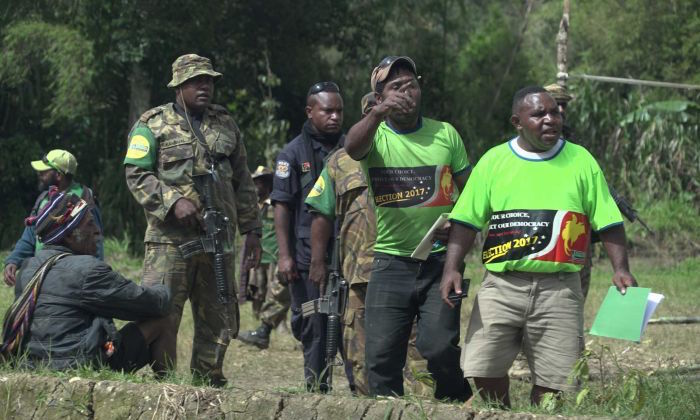On 06 Jul, 2017 By ACTNOW

SOURCE: Charles Richardson / CRIKEY
Papua New Guinea, Australia’s former colony and nearest neighbour, has been going to the polls in a parliamentary election that concludes tomorrow. As is common in countries with major logistical challenges, voting has been staggered over a two-week period.
More »
